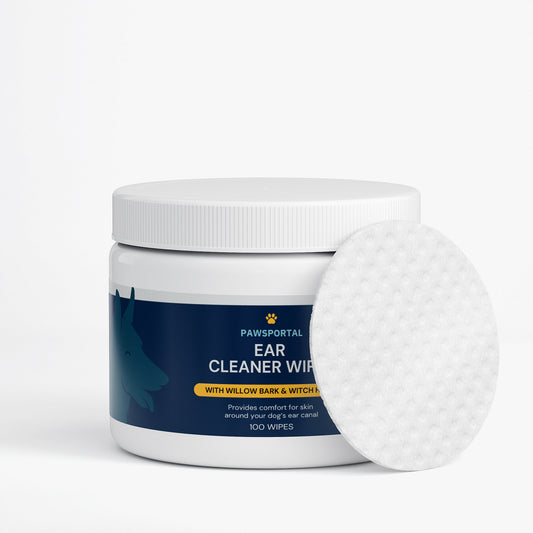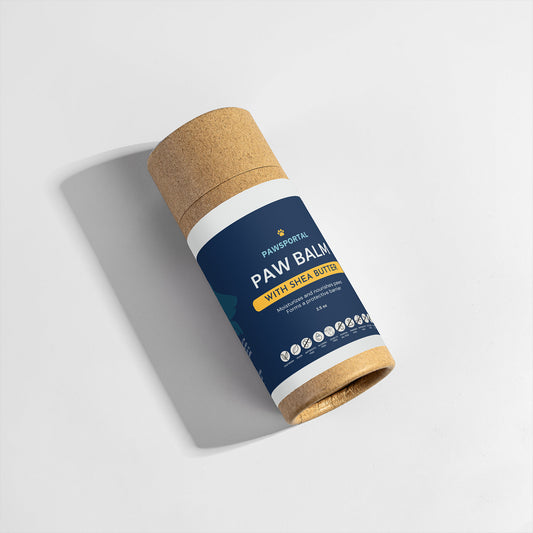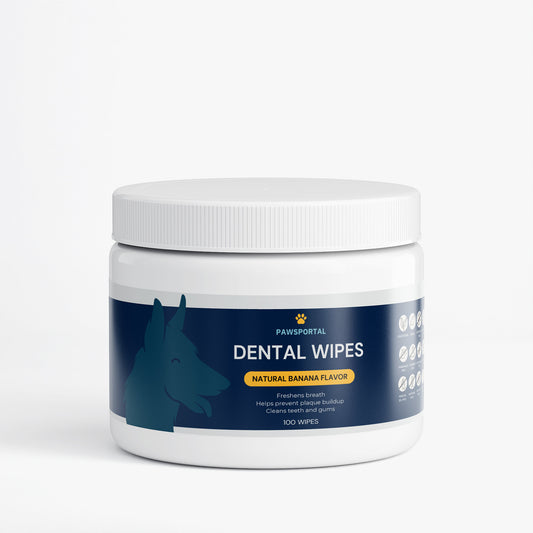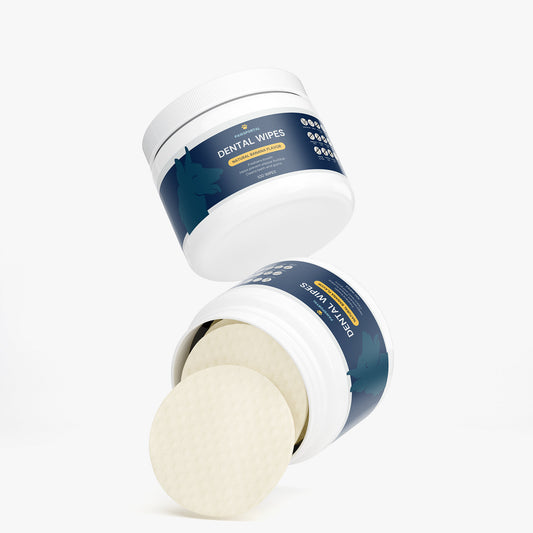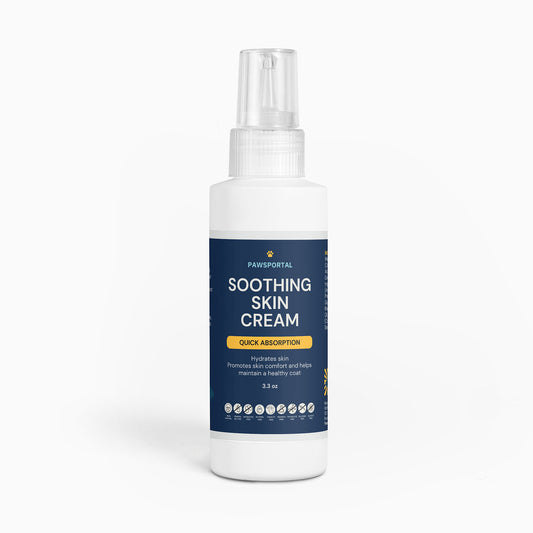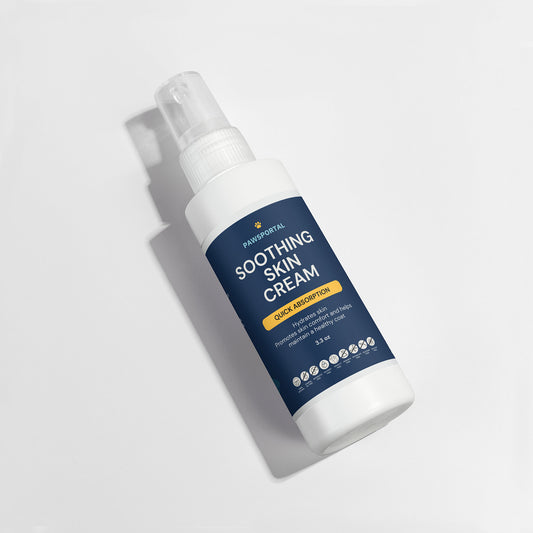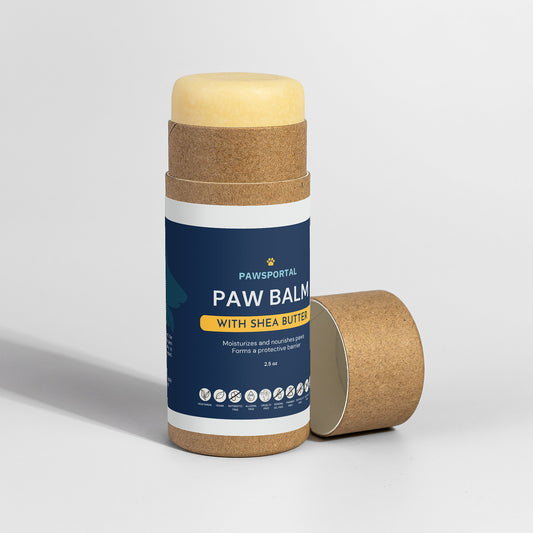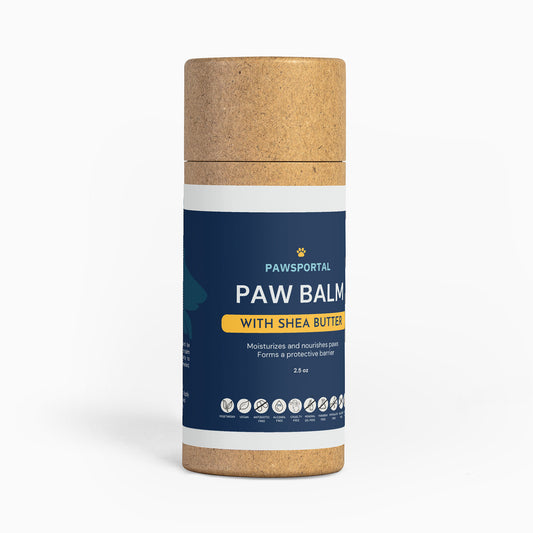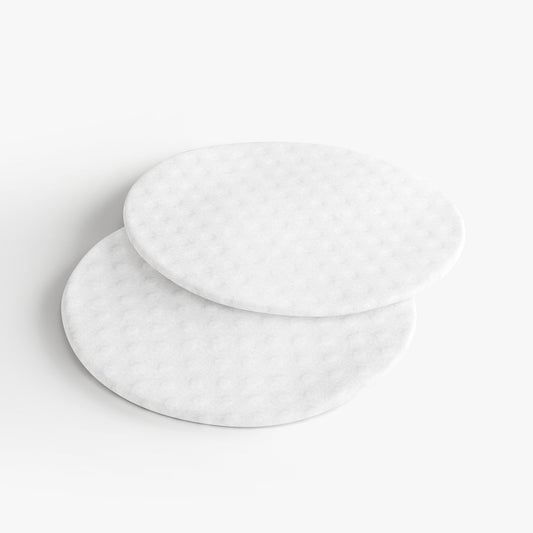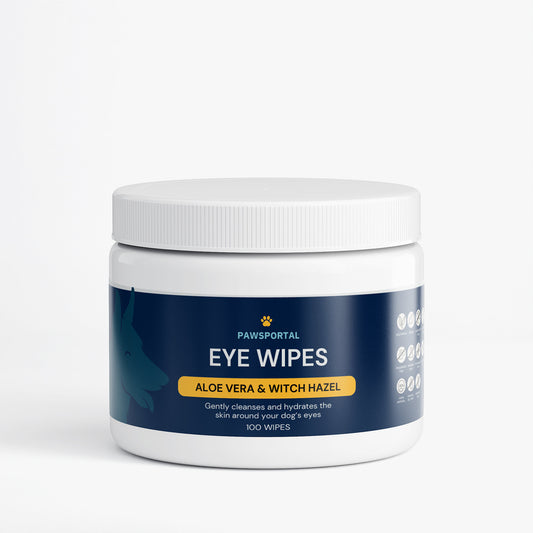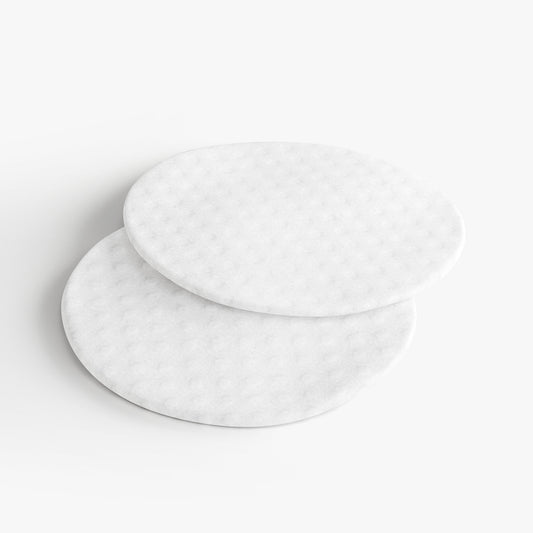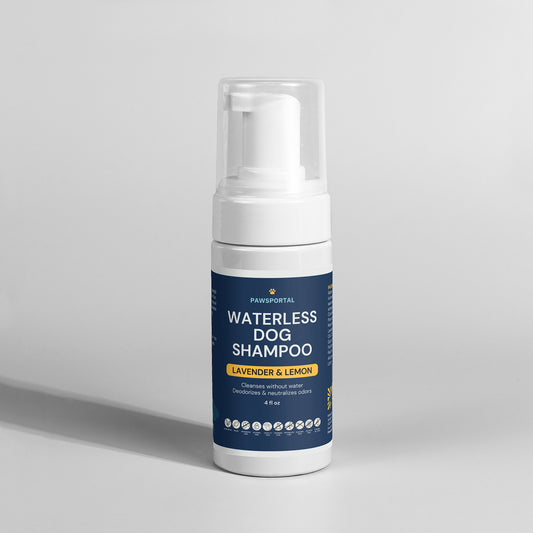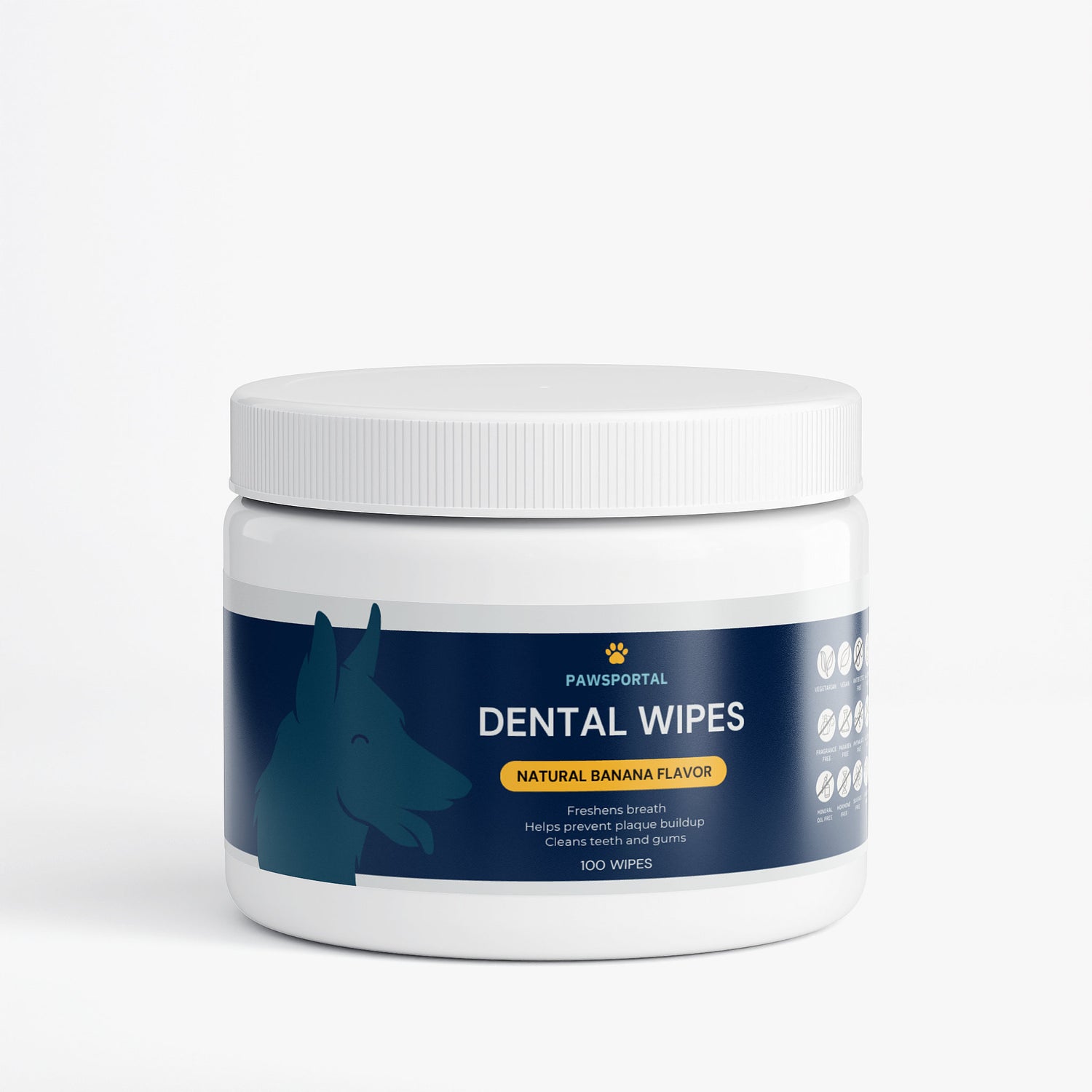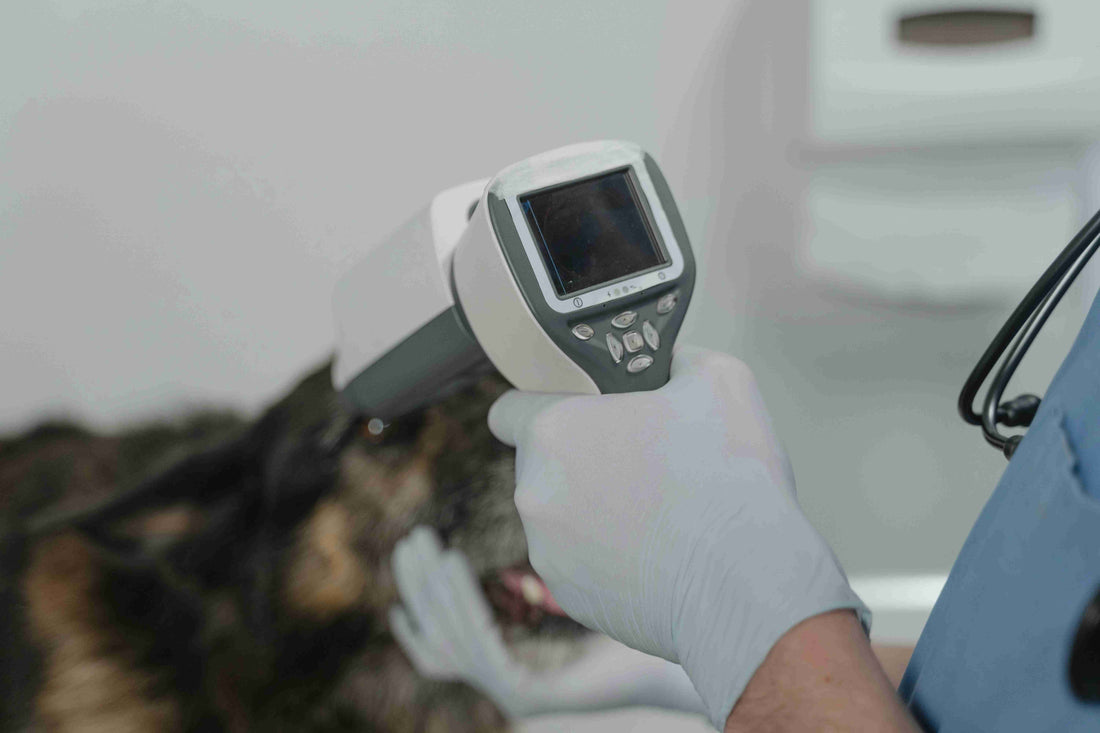
Holistic Dog Care 101 - Part 3: Integrative Vet Care for Dogs
Share
You’re a modern dog mom. You want the best of both worlds for your pup: cutting-edge diagnostics to catch issues early and natural therapies that support long-term wellness without harsh side effects. Integrative veterinary care combines these approaches, offering a balanced path to health that respects your dog’s unique needs. In Part 3 of our series, we’ll explore how to find the right vet, build a personalized wellness plan, and manage chronic conditions through evidence-based collaboration.
______________________________________________________________________________________________

What Is Integrative Veterinary Care?
Integrative care blends conventional medicine (e.g., bloodwork, surgery, medications) with holistic therapies (e.g., acupuncture, herbal remedies, chiropractic) to address the root causes of health issues. It’s not about rejecting modern medicine—it’s about enhancing it.
Example: A dog with arthritis might receive:
- Conventional Care: X-rays to assess joint damage + NSAIDs for pain relief.
- Holistic Care: Acupuncture to reduce inflammation + omega-3 supplements to support cartilage repair.
Studies show this combination improves mobility and reduces medication dependency by up to 40%.
______________________________________________________________________________________________
How to Find an Integrative Veterinarian
1. Ask the Right Questions
- “Do you use functional lab tests (e.g., microbiome analysis) alongside standard diagnostics?”
- “How do you approach chronic conditions like allergies or kidney disease?”
- “Are you certified in acupuncture, herbal medicine, or chiropractic care?”
2. Check Credentials
Look for certifications from:
- American Holistic Veterinary Medical Association (AHVMA)
- International Veterinary Acupuncture Society (IVAS)
Always do your research into the accreditation to ensure it aligns with your standards and expectations.
3. Read Reviews
Search “holistic vet near me” and prioritize clinics with testimonials highlighting collaborative, personalized care. Don’t forget to read the 1-star reviews, not just the good stuff. Get a full picture of the experience of others.
 ______________________________________________________________________________________________
______________________________________________________________________________________________
Conditions That Benefit from Integrative Care
1. Arthritis
- Conventional: NSAIDs, physical therapy.
- Holistic:
Cold laser therapy: Increases blood flow to joints (effective in 80% of cases).
Turmeric/Curcumin: Reduces inflammation comparably to carprofen in mild cases.
2. Chronic Kidney Disease
- Conventional: Prescription kidney diets, IV fluids.
- Holistic:
Astragalus root: Slows disease progression by reducing proteinuria.
Subcutaneous fluids: Administered at home to support hydration.
3. Anxiety
- Conventional: SSRIs (e.g., fluoxetine).
- Holistic:
L-theanine: Found in green tea, reduces stress hormones without sedation.
TTouch massage: Lowers heart rate by 20% in anxious dogs.
______________________________________________________________________________________________
Building a Personalized Wellness Plan
1. Diet & Nutrition
- Conventional: Annual bloodwork to check organ function.
- Holistic:
Rotational diets: Alternate proteins to prevent allergies.
Functional ingredients: Mushrooms (reishi, turkey tail) for immune support.
2. Mental Health
- Conventional: Behavioral training for aggression.
- Holistic:
Pheromone diffusers: Adaptil® reduces stress during thunderstorms.
Enrichment toys: Puzzles with hidden treats stimulate cognitive function.
3. Preventive Care
- Conventional: Vaccines, flea/tick preventatives.
- Holistic:
Annual detox protocols: Milk thistle or dandelion root cleanses after chemical treatments.
Chiropractic adjustments: Improve mobility in active breeds.
______________________________________________________________________________________________
Case Study: Managing Diabetes Integratively
Background: Max, a 9-year-old Dachshund, was diagnosed with diabetes. His mom feared insulin dependence and sought integrative care.
Plan:
- Conventional: Twice-daily insulin injections + glucose monitoring.
- Holistic:
Diet: High-fiber, low-glycemic meals (pumpkin, lean turkey).
Supplements: Chromium picolinate to improve insulin sensitivity.
Acupuncture: Stimulated pancreas-supporting points (BL20, BL21).
Outcome: After 6 months, Max’s insulin dose decreased by 30%, and his energy levels stabilized.
This was only possible with the support of the veterinary professionals his mom consulted with.
______________________________________________________________________________________________

When to Choose Conventional Over Holistic
While integrative care excels for chronic issues, conventional medicine is critical for:
- Emergencies: Trauma, poisoning, or sudden illness.
- Infections: Bacterial diseases requiring antibiotics.
- Diagnostics: MRI, CT scans, or biopsies for accurate diagnoses.
Always consult your vet before stopping or modifying prescribed treatments. Biology takes time. Be gentle and always consult with the professionals before making plans.
______________________________________________________________________________________________
Final Thoughts
Integrative veterinary care empowers you to be an active partner in your dog’s health journey. By combining the precision of modern medicine with the gentleness of holistic therapies, you’re giving your pup a tailored path to wellness that honors their individuality.
This concludes our 3-part series on functional medicine for dogs. For more resources, explore our guides on senior dog care and detoxifying your home for pets. Remember: Your love and proactive care are the ultimate keys to your dog’s happiness!

